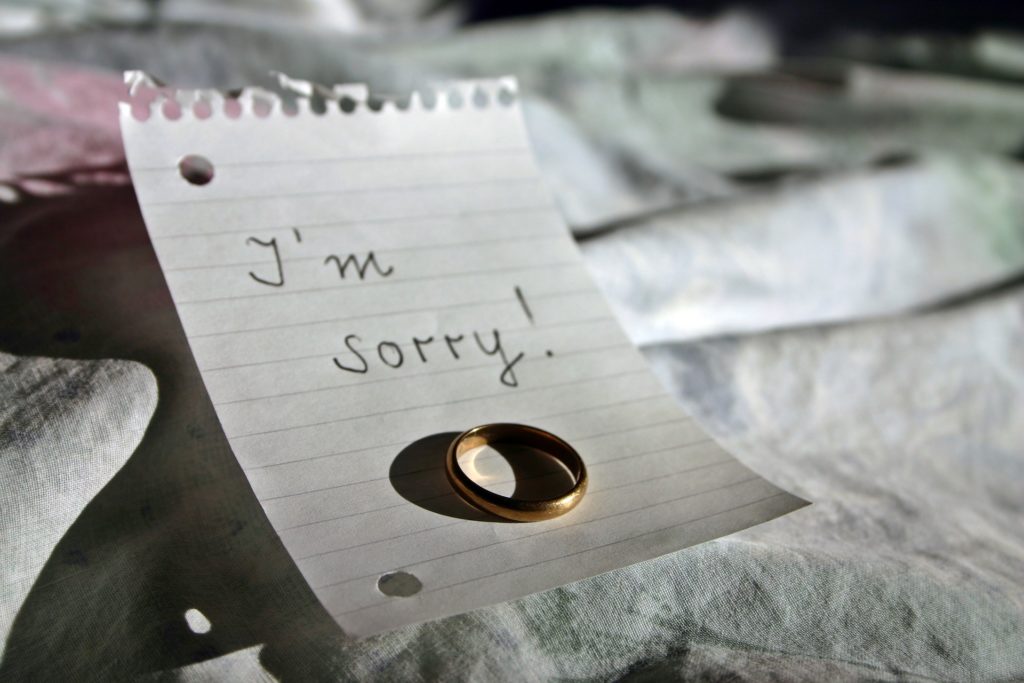Once a Cheater, Always a Cheater doesn’t always ring true

A general idea in American culture is “Once a cheater, always a cheater.” This idea does not fit into some people’s lives. There are many influences to someone who cheats in a relationship. According to the authors of “Getting Past The Affair,” they’ve noted several areas such as:
- Levels and sources of conflict
- Emotional Connectedness
- Physical Intimacy
- Relationship Expectations.
Many clients visit a therapist usually at a dire state in their relationship. Some can recover and others are best to live apart.
Many people think that if a person is a cheater, they’ll always cheat. But what if the couple decides that it’s best to stay together, even after an affair? It might be difficult to do so with others, outside the relationship, giving their opinions about what the couple SHOULD do. It’s easy to overlook why a couple would choose to stay together. Each couple has to choose what’s best for them.
Some considerations for couples are stability, changes for the positive in the relationship, children and deciding that it’s beneficial for them to get through it. Couples can choose that stability in their lives, finances, living situations, and other areas are better together. Divorce can rip nearly everything out from under a person. And divorces in family court end up taking a long time since they are a moneymaker for all involved with the court– but not usually for the former members of the couples. When a couple decides to stay together because the affair highlighted problems in the relationship, the couple has a chance to fix aspects that caused conflict in the relationship. They can work on themselves to figure better ways to function.
Related to stability is providing for any children that might be involved in the situation. When a couple decides to stay together, get through it, and change with also providing for children, it can make the bonds stronger in the family. Children get to see their parents work through conflict. Also, couples can choose for themselves if after all the years they’ve been together, they may see the affair as a blip in a long relationship that has value in their lives– as well as value in their parenting of their children. For some couples, they know that it’s best to stick through the tough times and not give up.
There are, of course, situations where people do change after the relationship is over. For example, someone might be in a toxic relationship and after working on themselves, figuring out what’s best for them, they leave the relationship and go with the person they had the affair with. When someone is doing the work and reflection, it’s possible that they could be a better fit for the next person and it may be that they don’t cheat again. I wonder how the people who say “Once a cheater, always a cheater,” take that into account.
For some situations, “once a cheater, always a cheater” doesn’t work. Some people can decide that an affair isn’t going to ruin a long-standing relationship. There are various reasons why couples might choose to stay together. And for other people, it could be true that they weren’t able to confront the issues with their partner but could change for the better for the next relationship and never cheat again.
Now, don’t think for a second that there aren’t many situations where two people don’t belong together. This is especially true if there’s no honesty and the person having an affair refuses to stop seeing the other person when the other partner wants and expects monogamy. I want to say that in case someone decides to use this article to try to manipulate someone to stay together. Please seek therapy if there is high conflict in your relationship.
